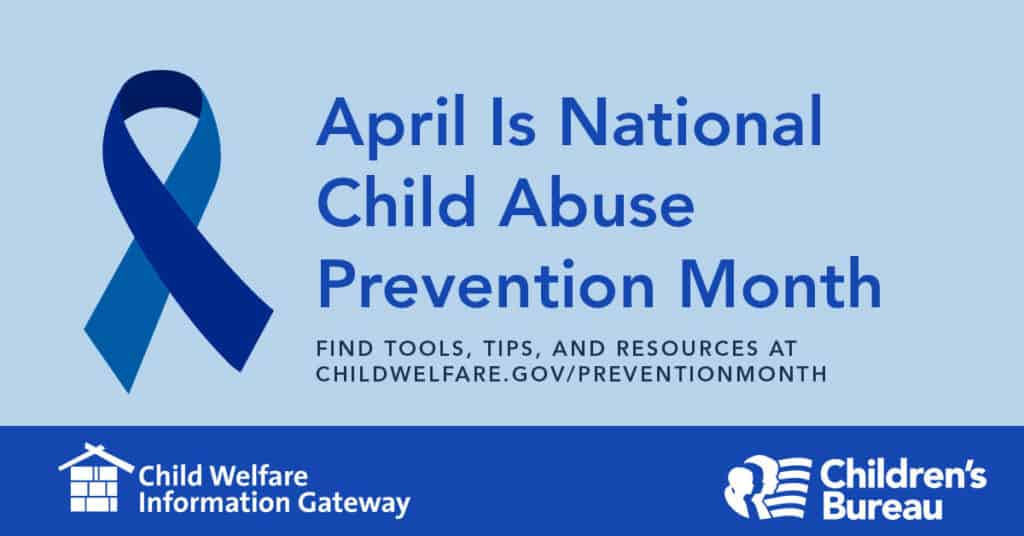I could feel the red heat of anger rising from my chest all the way to my head as I took in the vivid account of what had been done to my adopted son’s half-sister. I stood there, reeling as though someone punched me in the gut. And listened to every detail her biological grandma shared. She was only 10-months old. She had sustained lacerations to her neck, four broken ribs, two more ribs that were already healing from prior abuse, and bruises up and down her body. The multi-page hospital report recorded every mark.
I was hating myself for not reporting child abuse, but I had called four times already to tell them I was concerned. Once, before she was even born, I called to report potential child abuse. Again, I called when her birth mom was in the newspaper for being arrested for drug possession, and I knew she was pregnant as well. I called her in again the day Little Sister was born. And I called again when I knew birth mom had moved out from grandma’s watchful eye and home.
My regret is that I did not report child abuse when I had that feeling in my stomach that something was off. I just didn’t have proof of abuse. Now there was too much proof.
Little Sister is now safe with her grandma, healing and growing into a beautiful toddler that runs and plays without a care.
Unfortunately, her story is all too familiar. The call is often not made to report child abuse. People are sure someone else has already called it in. Or they don’t want to get someone in trouble, or are afraid they will not retain anonymity. In my situation, Child Protective Services (CPS) did not have substantial proof of abuse or drug use to remove Little Sister from her birth mom when she was born. But what if your phone call was the one that brought enough proof for removal? What if your phone call was the one that brought safety to a child?
The number one reason to report suspected child abuse is straightforward. It’s to prevent a child from being physically, emotionally, or mentally abused.

Reporting suspected child abuse brings help and hope to families that may need it. When a report is made, an assessment team discusses what interventions should be made. The family may simply need some practical tools for parenting. They may be in a financial crisis which adds stress to the family and raises the risk of abuse. Getting them financial assistance or financial counseling could be the key. The assessment team will then gauge whether a child needs immediate removal, if a safety plan is engaged (the child remains in the home but a case is still opened on the family), or simply some supportive measures need to be made.
Biblically, our role as followers of Jesus is to care for orphans and stand for justice for those that cannot do so themselves. James 1:27 shares that “Religion that God our Father accepts as pure and faultless is this: to look after orphans and widows in their distress and to keep oneself from being polluted by the world” (NIV). Micah 6:8 says, “He has told you, O man, what is good; and what does the Lord require of you but to do justice, and to love kindness, and to walk humbly with your God?” (ESV). The key in both of these verses are the verbs. LOOK-DO-LOVE
You report because you:
Thanks to technology, there are multiple ways of communication and a broad array of ways you can report child abuse.
Nationally you can call 1-800-4-A-CHILD. Each state has its own reporting line, which you can find with a simple internet search.
Many Department of Human Services websites have ways to submit an online form. The best way is to call your local county Child Abuse hotline. You are not required to give your name unless you are a mandatory reporter such as a teacher, a childcare worker, or a foster parent, etc. The person on the hotline number will gather details from you. This such as the nature of the abuse, evidence, and any identifying information on the child and their family.
I remember reading our adopted son’s file and being in shock. I counted seven, eight, nine, ten. Ten phone calls of suspected child abuse were made. Ten visits to the family’s home occurred before CPS was able to catch the parents and find enough evidence to remove the children. I’m forever grateful to whoever made call number 10.
Reporting suspected child abuse will never come easy, and it should not. It is a serious and heartbreaking affair to be the one that has to bring attention to a horrible situation. In the long run, it is for the safety of the child. Your heart will be relieved to know that you did what you could to prevent child abuse.
If you’d like to talk more about your specific situation, call us for a free over-the-phone consultation. Our licensed or pastoral counselors would welcome the chance to hear your story and help you take the first steps toward healing. They can also suggest referrals to ongoing support from qualified counselors and Christian therapists in your area.

The post Why and How to Report Child Abuse appeared first on Focus on the Family.
Continue reading...
I was hating myself for not reporting child abuse, but I had called four times already to tell them I was concerned. Once, before she was even born, I called to report potential child abuse. Again, I called when her birth mom was in the newspaper for being arrested for drug possession, and I knew she was pregnant as well. I called her in again the day Little Sister was born. And I called again when I knew birth mom had moved out from grandma’s watchful eye and home.
My regret is that I did not report child abuse when I had that feeling in my stomach that something was off. I just didn’t have proof of abuse. Now there was too much proof.
Little Sister is now safe with her grandma, healing and growing into a beautiful toddler that runs and plays without a care.
What If Your Call Made the Difference
Unfortunately, her story is all too familiar. The call is often not made to report child abuse. People are sure someone else has already called it in. Or they don’t want to get someone in trouble, or are afraid they will not retain anonymity. In my situation, Child Protective Services (CPS) did not have substantial proof of abuse or drug use to remove Little Sister from her birth mom when she was born. But what if your phone call was the one that brought enough proof for removal? What if your phone call was the one that brought safety to a child?
Why You Should Report Child Abuse
Number 1
The number one reason to report suspected child abuse is straightforward. It’s to prevent a child from being physically, emotionally, or mentally abused.
Number 2

Reporting suspected child abuse brings help and hope to families that may need it. When a report is made, an assessment team discusses what interventions should be made. The family may simply need some practical tools for parenting. They may be in a financial crisis which adds stress to the family and raises the risk of abuse. Getting them financial assistance or financial counseling could be the key. The assessment team will then gauge whether a child needs immediate removal, if a safety plan is engaged (the child remains in the home but a case is still opened on the family), or simply some supportive measures need to be made.
Number 3
Biblically, our role as followers of Jesus is to care for orphans and stand for justice for those that cannot do so themselves. James 1:27 shares that “Religion that God our Father accepts as pure and faultless is this: to look after orphans and widows in their distress and to keep oneself from being polluted by the world” (NIV). Micah 6:8 says, “He has told you, O man, what is good; and what does the Lord require of you but to do justice, and to love kindness, and to walk humbly with your God?” (ESV). The key in both of these verses are the verbs. LOOK-DO-LOVE
You report because you:
- LOOK and see that something is amiss
- can DO something about it
- LOVE both the child and the family
Ways to Report Child Abuse
Thanks to technology, there are multiple ways of communication and a broad array of ways you can report child abuse.
Nationally you can call 1-800-4-A-CHILD. Each state has its own reporting line, which you can find with a simple internet search.
Many Department of Human Services websites have ways to submit an online form. The best way is to call your local county Child Abuse hotline. You are not required to give your name unless you are a mandatory reporter such as a teacher, a childcare worker, or a foster parent, etc. The person on the hotline number will gather details from you. This such as the nature of the abuse, evidence, and any identifying information on the child and their family.
I remember reading our adopted son’s file and being in shock. I counted seven, eight, nine, ten. Ten phone calls of suspected child abuse were made. Ten visits to the family’s home occurred before CPS was able to catch the parents and find enough evidence to remove the children. I’m forever grateful to whoever made call number 10.
Reporting suspected child abuse will never come easy, and it should not. It is a serious and heartbreaking affair to be the one that has to bring attention to a horrible situation. In the long run, it is for the safety of the child. Your heart will be relieved to know that you did what you could to prevent child abuse.
If you’d like to talk more about your specific situation, call us for a free over-the-phone consultation. Our licensed or pastoral counselors would welcome the chance to hear your story and help you take the first steps toward healing. They can also suggest referrals to ongoing support from qualified counselors and Christian therapists in your area.

The post Why and How to Report Child Abuse appeared first on Focus on the Family.
Continue reading...





